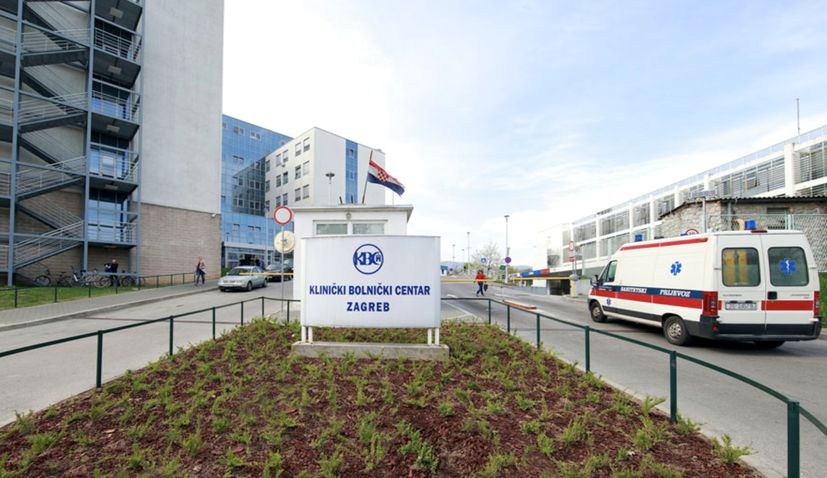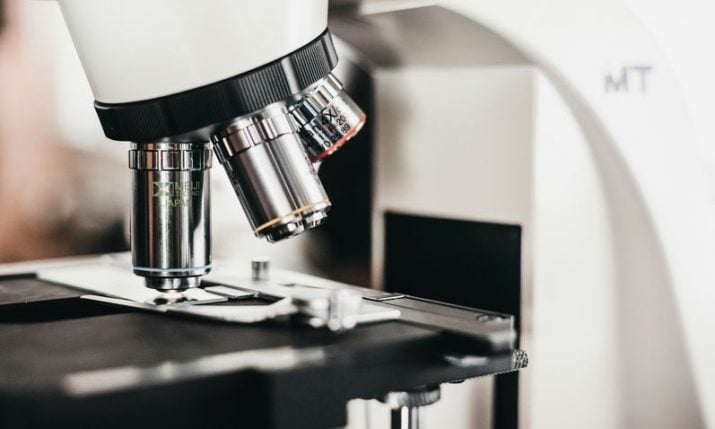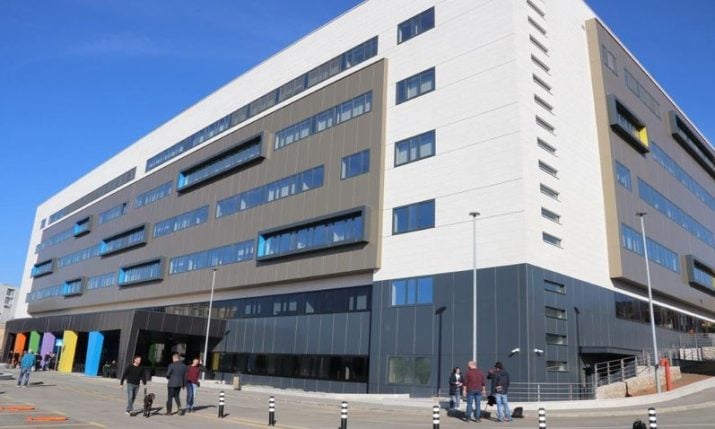KBC Zagreb hospital first in Croatia to introduce immunoadsorption method
- by croatiaweek
- in News

(Photo: KBC Zagreb)
ZAGREB, 15 March (Hina) – On the occasion of World Kidney Day, observed on 11 March, a medical team from the KBC Zagreb hospital presented the immunoadsorption method allowing organ transplantation in patients in whom such a procedure would not be possible during the COVID-19 pandemic.
KBC Zagreb is the first hospital in Croatia to apply the immunoadsorption method to remove specific pathological antibodies in the process of transplantation while preserving the protective bodies in the patient’s blood to protect them against infections. In that way the patient is not exposed to the additional risk of infectious complications, the head of the hospital’s Kidney Transplantation Department, Nikolina Bašić Jukić, told a press conference.
This method has enabled us to perform transplantation in two highly-sensitive patients and to save the life of a 30-year-old woman after lung transplantation because of chronic antibody-mediated rejection, she added.
The director of KBC Zagreb, Ante Ćorušić, said that immunoadsorption enables a better medical outcome in transplant patients at the time of the coronavirus pandemic. “This method is slightly more expensive, but is much more effective. This is a great success not just for the Department of Nephrology but for the entire transplantation team, including urologists and cardiologists.”
At this largest centre for kidney transplantation in Croatia, 43 patients received new kidneys last year. Ten such procedures have been performed this year and only five patients remain on the waiting list.
The transplantation programme was interrupted twice last year due to an escalation of the coronavirus pandemic, as a result of which fewer than average procedures were performed. The annual average ranges between 70 and 80 procedures, the head of the Department of Urology, Željko Kaštelan, said.


